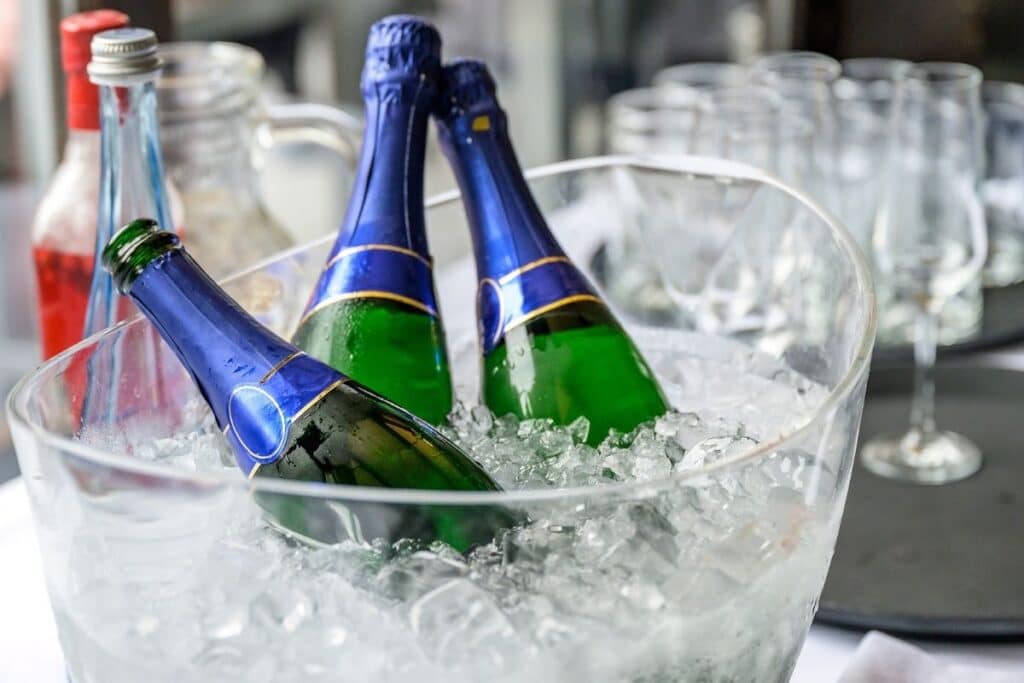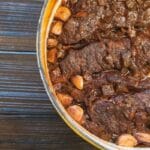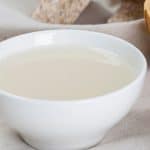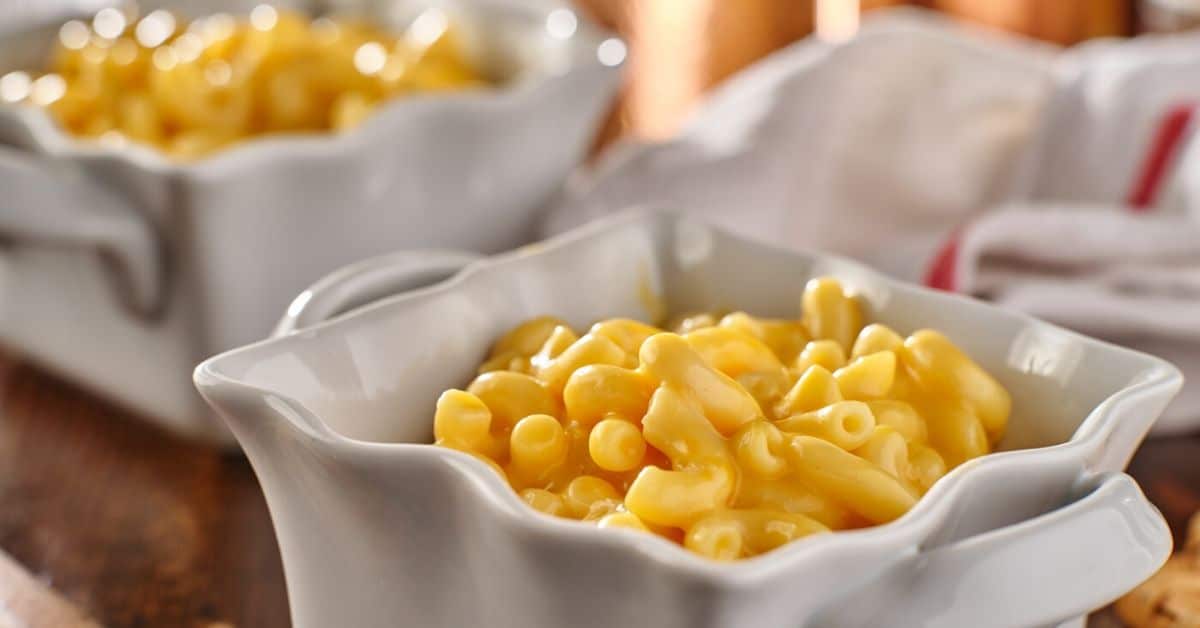Quick summary: Yes, champagne can go bad. It has a limited lifespan that depends on its type and storage conditions. Signs of expired champagne include changes in odor, loss of bubbles, color change, and off taste. Proper storage involves maintaining a suitable temperature and avoiding heat and light exposure.
Do you have a bottle of champagne that has remained unopened since last new year, and you would like to blast those bubbles now? Find out all about the lifespan of this perfect sparkling wine.
In every Hollywood classic for a special romantic dinner, the main character opens an old bottle of champagne that has been kept in a basement for years. Think that sparkling wines can last forever and that they get better and better with age. So only to some extent. Champagne has a lifespan within which it ages finely, so to speak. And after that, the clock ticks to spoilage.
We’ll reveal to you everything you need to know about champagne to turn out to be a true cavalier the next time you take a lady out to dinner or impress your friends. How long this drink can last, how to recognize that it is no longer fit for consumption, and how best to store it.
How Long Does Champagne Last?
How long is champagne good for? To begin with, let us note that by champagne, we mean those original drinks made in the Champagne region of France, but also other sparkling wines produced around the world.
Also, an important note, proper storage of champagne bottle is crucial for the validity of the durability instructions. Without it, no one can guarantee how much time will be correct. Here are a few general guidelines, although longevity will vary significantly from manufacturer to manufacturer.
So how long does champagne last unopened?
Unopened non-vintage champagne
Non-vintage means that these are wines produced for relatively fast use. As a rule, their duration will be between three and four years. Of course, if the conditions were good, the correctness of unopened champagne could be after that, but this type of wine is not intended to last in the cellar for decades.
Unopened vintage champagne
As the name alone says, these are vintage champagnes intended for long lying in the wine cellar. It is indescribably important that the position of the unopened bottle, the temperature in the room, and other conditions are perfect for the wine to last its full capacity. You can count on wines like this to last for about ten years. Some brands can last significantly longer, so it is not uncommon to come across 20-year-old champagne that is still very drinkable and delicious.
Opened champagne
Regardless of the tips you come across, champagne should be consumed the same day after opening. Preferably even within a few hours. Everything after that will have a reduced bubble strength no matter how you store the leftover champagne. Therefore, if you have some special occasion, invite friends and drink a whole bottle immediately.
Does Champagne Expire?
Like other alcoholic beverages, Champagne will not spoil in the classical sense to become unhealthy. But the reduced quality and lousy taste will determine you need another bottle. Here are the most common signs of expiration.
Sign 1: The drink developed an unusual odor
Sometimes a stale woody odor can occur regardless of the age of the drink. The reason for this is usually a lousy cork, which is why the liquid in the bottle does not behave stably. As a rule, if you get such a bottle of wine in a restaurant, you have every right to return it and ask for a new one, unless it is ancient samples, which the waiters warn you about. Spoiled champagne is not a tasty treat.
Sign 2: Bubbles are gone
If the champagne loses its recognizable bubbles, then it is said to have expired. It’s still fit to consume in health terms, but you really don’t have the drink you expected anymore.
Sign 3: Colour has changed
A color change may indicate that something is wrong with the drink and that it may be spoiled. This may be due to a bad cork, but also due to standing for too long. As we said, after a certain moment, the wine no longer gains in quality but instead begins to decay.
Which is the Best Way to Store Champagne?
Champagne is particularly sensitive to adverse storage conditions. Winemakers know that so much affects the quality of drinks that they take storage conditions very seriously and work to improve them by gathering experiential knowledge constantly. Here are some guidelines on storing champagne you can follow in your home as well.
Tip 1: Buy a quality drink
This is not a classic storage tip, but it is very important. If you plan to keep the drink for a long time, choose better quality champagne. There are too many imitations on the market, and such products really do not have the required grade. A finer drink will also have a better champagne stopper to keep it well sealed for many years.
Tip 2: Pay attention to the temperature
The room where you store champagne should be cooler and never leave them in heat sources or the sun. In addition to the fact that your cork will probably pop out, it will completely disrupt the stability of the drink. However, it is not advisable to keep champagne in the refrigerator at all times. Chill it further just before consumption.
FAQs
Can you drink 20-year-old champagne?
Yes, you can drink 20-year-old champagne, but its quality may be significantly diminished compared to younger champagne.
What happens if you drink expired champagne?
Most likely, nothing happens if you drink expired champagne. Old expired champagne will taste bad, but you won’t get sick of it. The only thing that can be spoiled is a pleasant dinner you have planned with your loved one.
How do you know when champagne goes bad?
When champagne goes bad, The most common symptom of old champagne will be losing bubbles. It is somehow the most important part of champagne, so the absence of sparkling means reduced enjoyment of consumption. In addition, it may change color, especially if it has stood for a very long time in unacceptable conditions. Bad smell and taste are the final signals that something is wrong.
Does champagne go bad if not opened?
Yes, champagne can go bad if not opened and stored improperly for an extended period. Over time, the carbonation and flavor can deteriorate, affecting the quality of the champagne. Proper storage in a cool, dark place can help prolong its shelf life.
Conclusion
Good champagne for many is the best drink you can brighten up an evening. The special production technique of each manufacturer gives a truly unique taste to each bottle. However, contrary to opinion, champagne has its own shelf life. It is certainly possible that the bottle you left in the basement does not taste very good when you open it for special occasions. To prolong the shelf life, make sure that the room temperature is comfortable and don’t shake the bottle too much.
Up next:
- How to tell if beer has gone bad?
- Does vodka expire?
- How long does tequila last?
- How long is baileys good for?
*image by donogl/depositphotos









